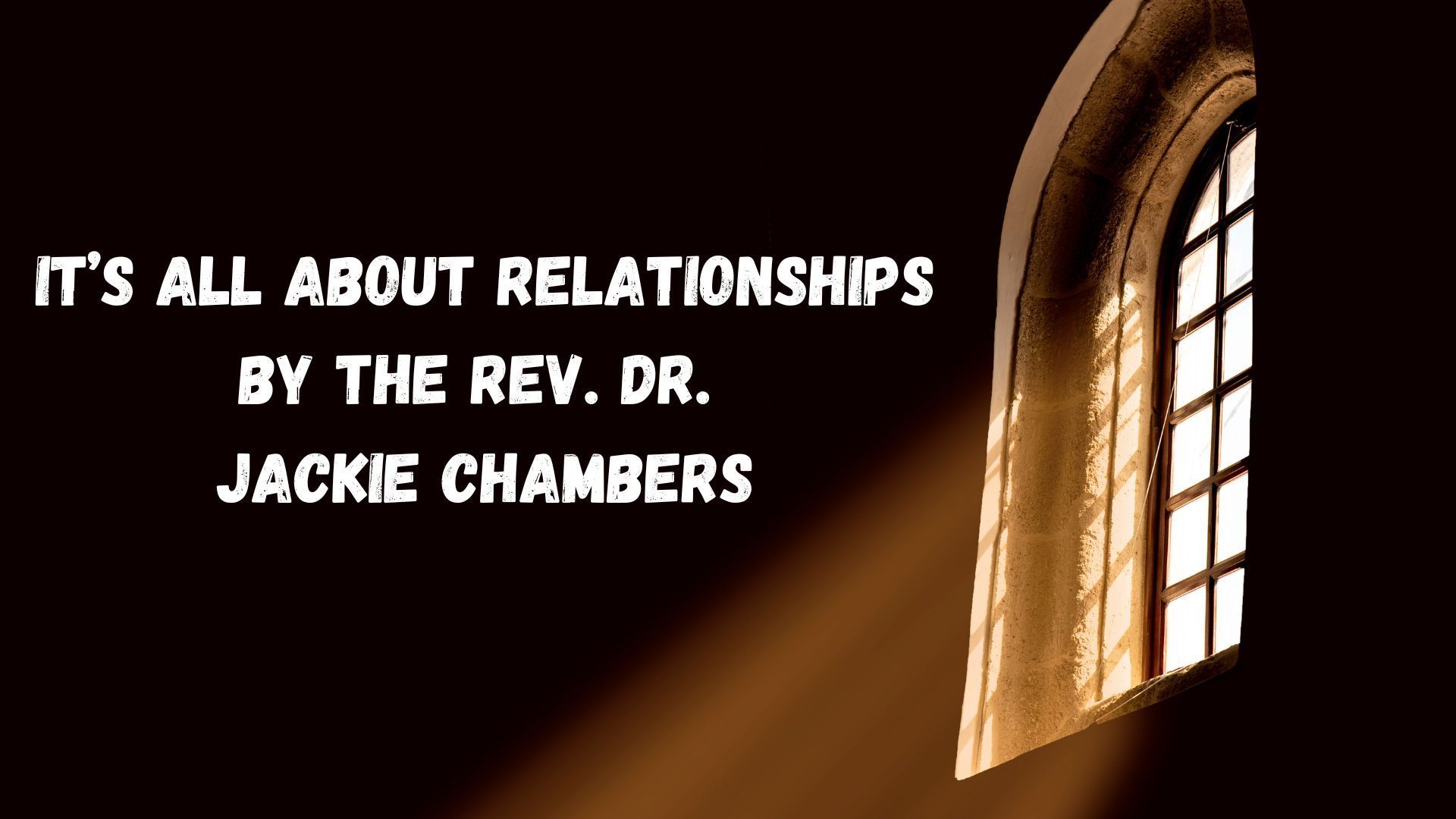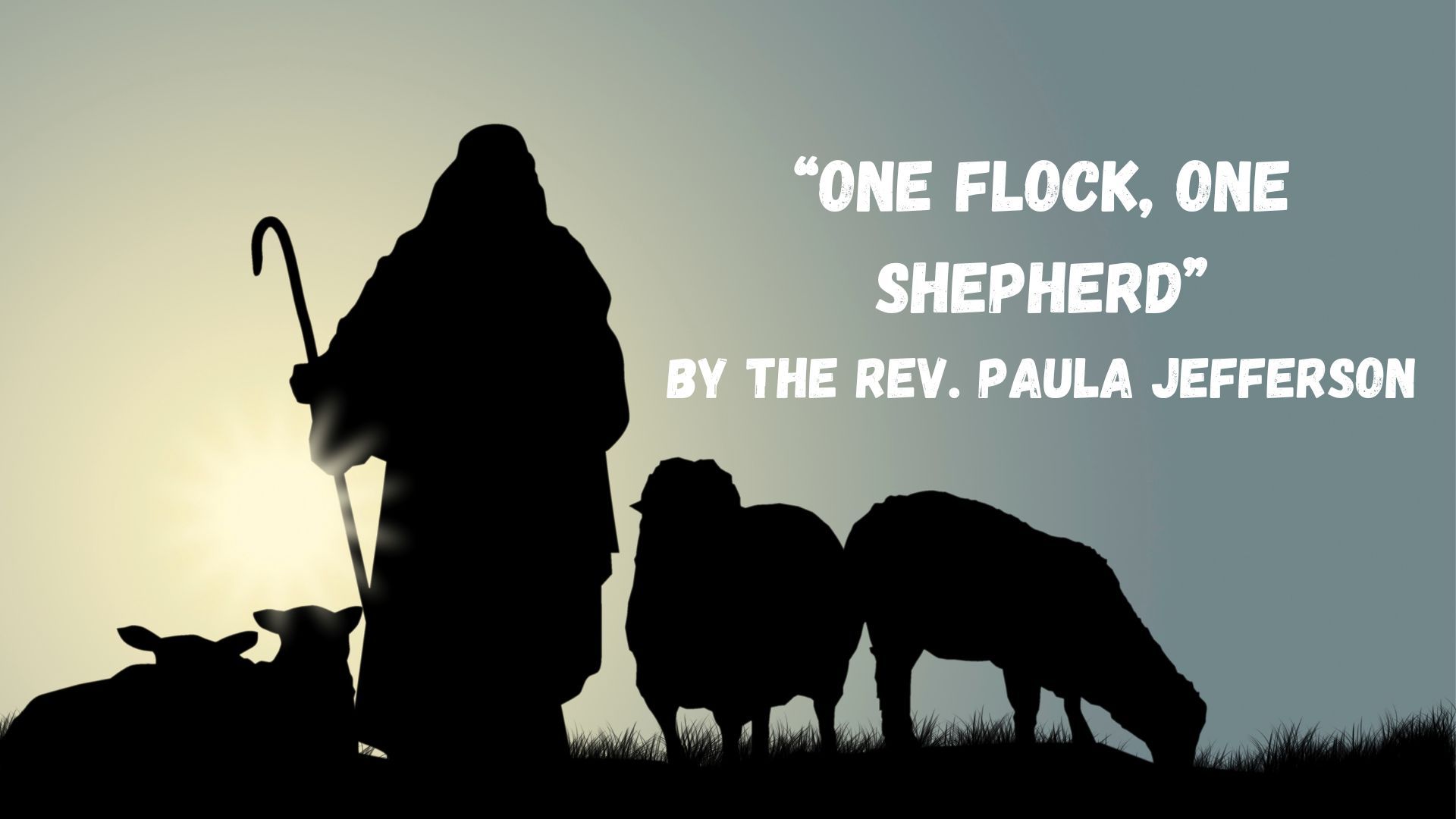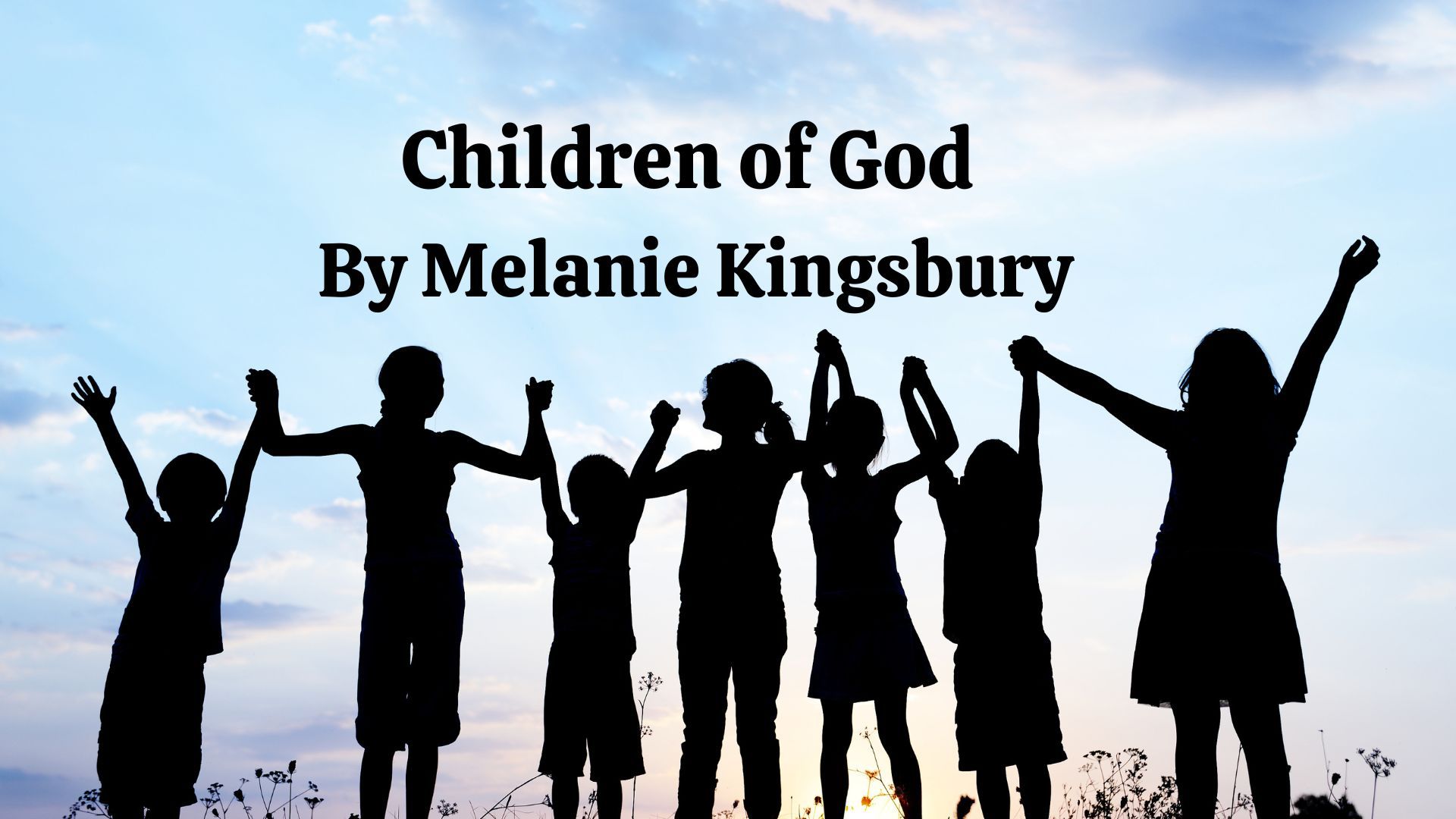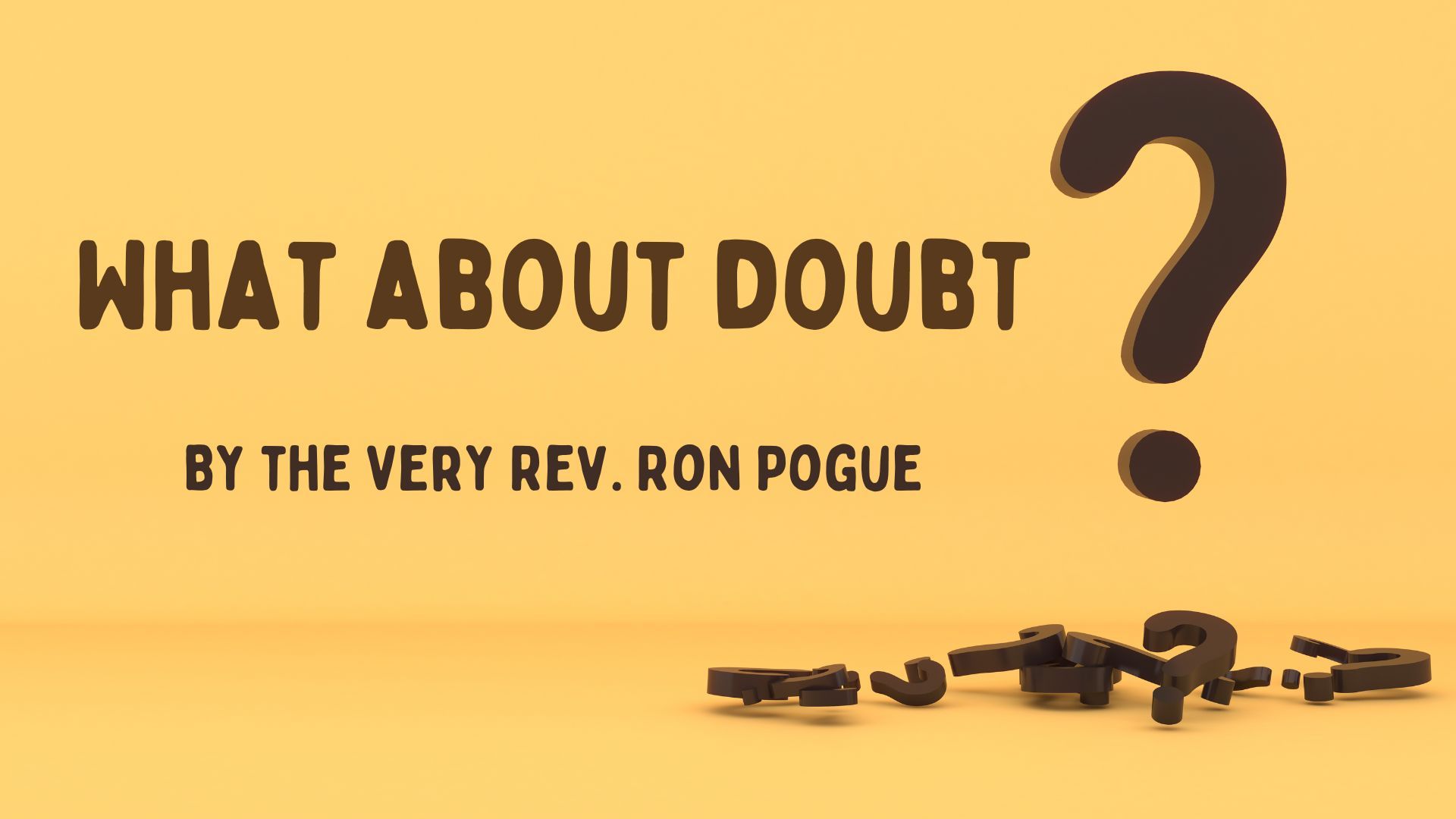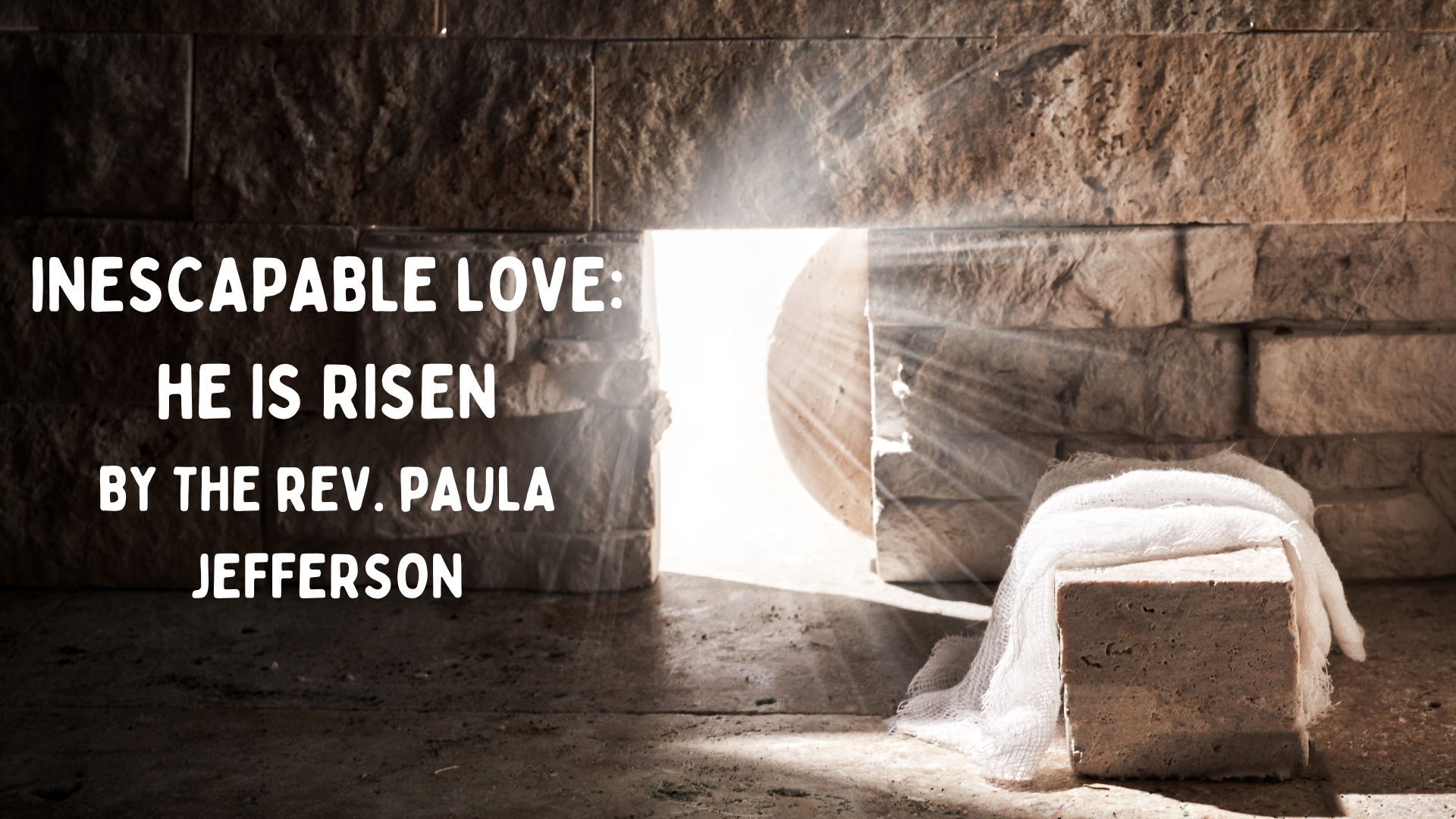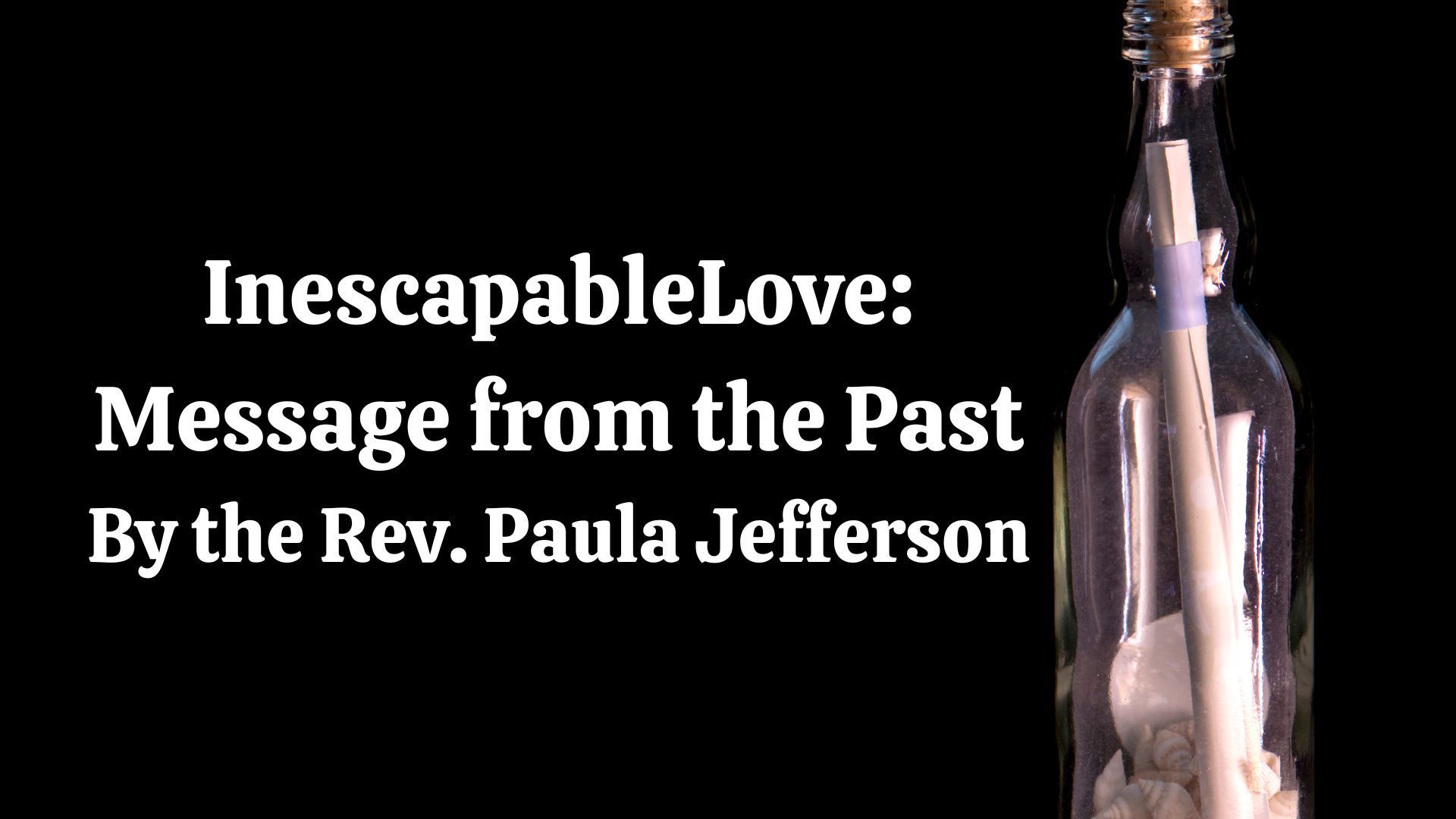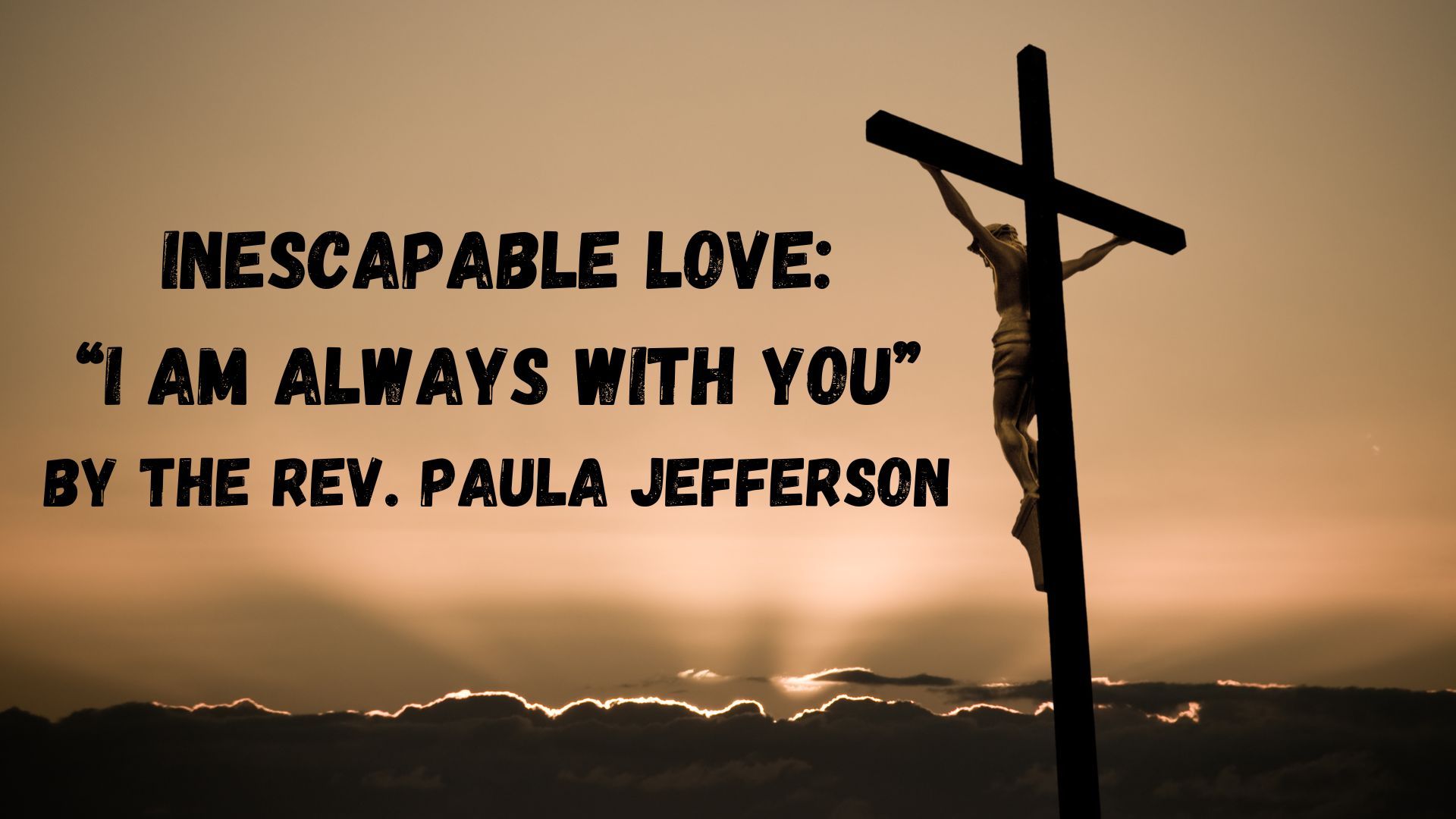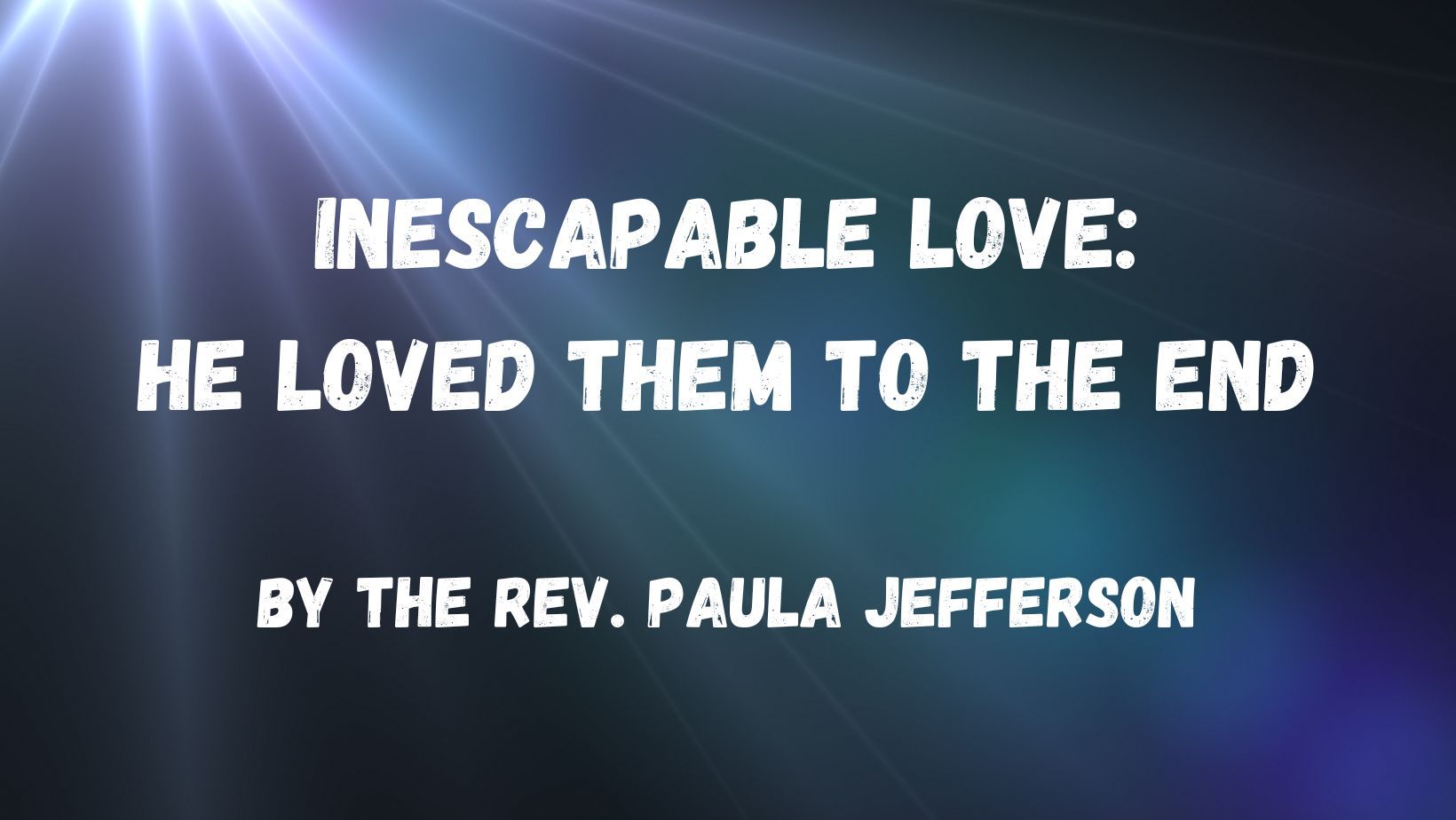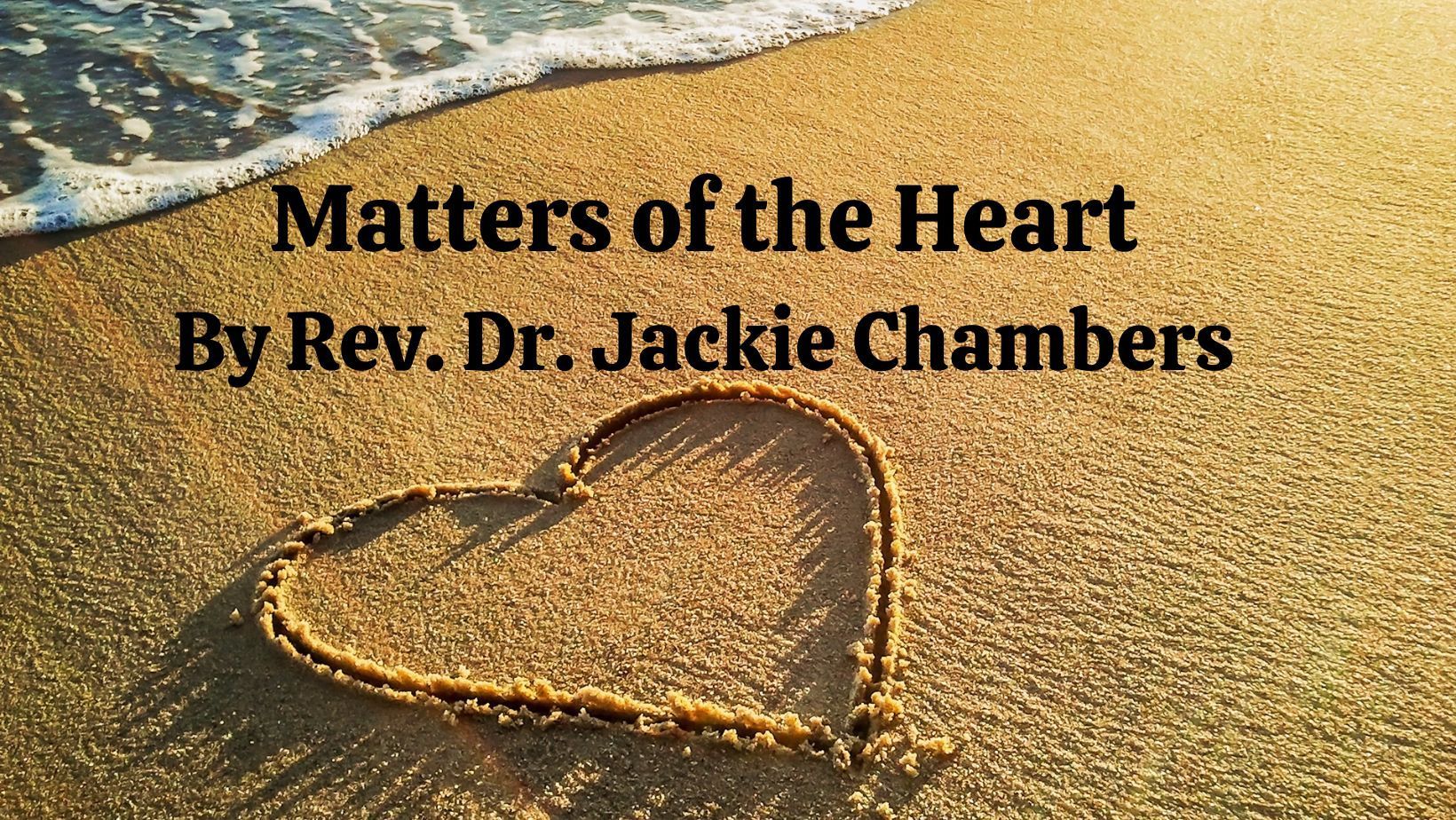In July of 2022, I asked our Senior Warden, Jeanneane, if I could visit St. Christopher’s the Sunday before my official start date as your priest-in-charge. I wanted to sit in the back row, learn your worship customs and see the technology team in action. So I planned to come and fly under the radar so to speak.
It turns out there are no secrets at St. Christopher’s—not then or now. On that morning, there were quite a few more folks here than usual. And the following Sunday, our attendance swelled to twice that of any week during the summer. Tire kicking is real, and a lot of it was going on during our first few months together.
St. Christopher’s was beginning something new. People wanted to know what all the buzz was about.
In Paul’s letter to the Philippians, we heard the lyrics to an ancient hymn known in the early Church as the Christ-Hymn.[1] It describes how the first followers of the Way interpreted Jesus the Christ:
Who, though he was in the form of God, did not regard equality with God as something to be exploited, but emptied himself, taking the form of a slave, being born in human likeness. And being found in human form, he humbled himself and became obedient to the point of death— even death on a cross.
Two sentences. Just a handful of words to describe the beginning of something extraordinary: inescapable love entered Creation.
Over the past 20 months, many people have joined this awesome parish. But they’re not coming to kick the tires of the priest. They’re coming because of us. Because of the work we’re doing today in our community and beyond.
We come here to worship, share God’s peace, break bread together, and learn. And then we take the love of Christ into the world—meeting the hungry at three food pantries in Fort Worth, providing laundry services for those who need help, putting kitchens together for refugees relocated to Ft Worth, serving asylum seekers at the border, treating and feeding lepers in India. Together, we are rebuilding the legacy of St. Christopher’s Episcopal Church in Southwest Ft Worth.
It is the beginning of something new: inescapable love filtering into our community through us.
The crowds gathered to watch Jesus enter Jerusalem. It must have been quite a moment. People shouting, “Hosanna! Blessed is the one who comes in the name of the Lord!”. Wondering if this was, truly, the Messiah. They came to wave their palm branches and kick the tires.
Within a few days, their shouts of “Hosanna!” became shouts of, “Crucify Him.” They did not see that something extraordinary had begun. No matter how loudly they shout on Palm Sunday or Good Friday, the love of Christ for them—for us—was, is, and always will be inescapable.
There is a short phrase that precedes the Christ-hymn in Philippians:
Paul said, “Let the same mind be in you that was in Christ Jesus”— that we might empty ourselves of pride and vainglory, that we might humble ourselves to serve, that we might be obedient to God.
Amen.
[1] Jewish Annotated New Testament; Phil 2:6-11; p402

St. Christopher's Episcopal Church
5709 Wedgwood Dr., Fort Worth, TX 76133
St. Christopher's is part of The Diocese of Texas, a diocese of The Episcopal Church.


